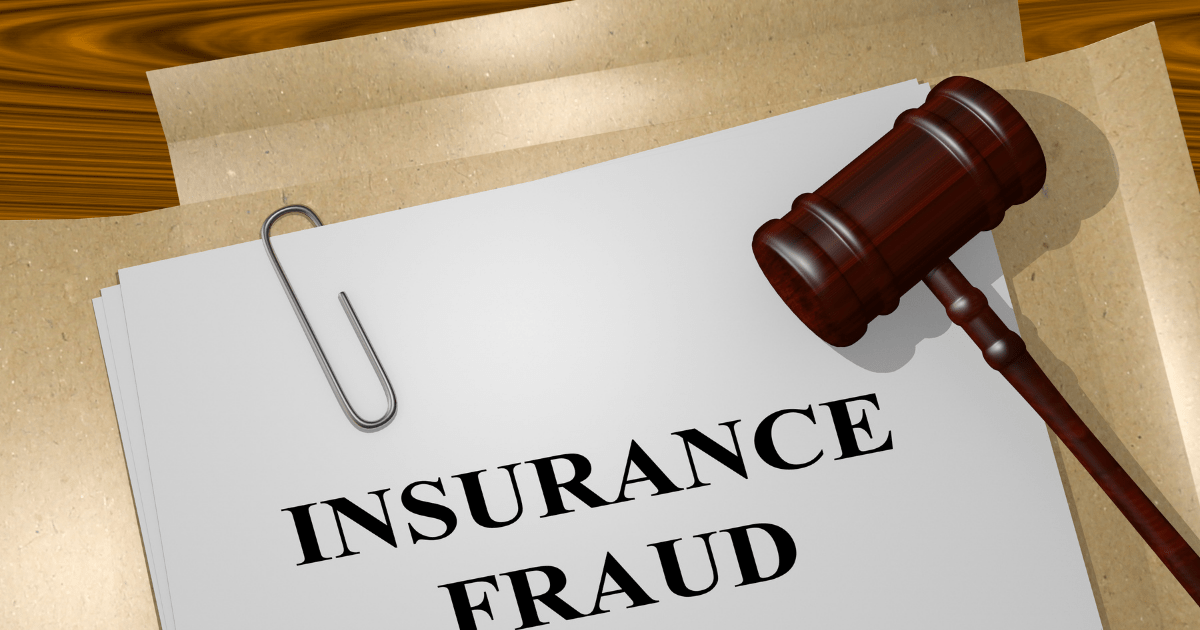An insurance fraud lawyer becomes essential in the complicated world of insurance, where rules and policies collide. With the rise in insurance fraud, insurance fraud lawyers must comprehend the complex web of insurance rules and policies.

The Cornerstone of Legal Knowledge and Experience:
Lawyers need to base their knowledge of insurance legislation in order to successfully battle insurance fraud. Government agencies created these rules to oversee the insurance sector, guaranteeing ethical behavior and defending policyholders' rights. Insurance fraud lawyers can traverse the legal environment with accuracy and provide clients with knowledgeable advice thanks to their in-depth understanding of these requirements.
Interpreting Policy Language:
Insurance policies are sophisticated legal documents with plenty of technical language. Understanding the terminology of these policies is like opening a case's secrets for an insurance fraud attorney. To evaluate the veracity of claims and spot any fraud, one must have a sophisticated grasp of insurance terms, exclusions, and coverage restrictions. Without this knowledge, important information can be missed, which would allow fraudulent activity to continue unnoticed.
Handling Coverage Problems:
Cases of insurance fraud sometimes include disagreements over coverage. Insurance fraud lawyers need to understand policy subtleties to deny genuine claims or exploit coverage gaps. Legal professionals may win lawsuits and guarantee justice by knowing coverage and insurer and insured duties.
Dissecting Compliance with Regulations:
A complex system of laws governs insurance businesses, keeping them transparent and safeguarding policyholders. To spot any infractions or unethical behavior by insurance companies, an insurance fraud attorney has to be well-versed in these rules. With the ability to hold insurers responsible for unfair acts, attorneys can ensure that the legal system maintains the values of justice and equity.
Recognizing Inauthentic Behavior:
There are many different types of insurance fraud, including staged accidents and fabricated claims. Insurance fraud lawyer need a thorough awareness of the basic strategies used by fraudsters in order to identify and establish fraudulent activity. This entails being aware of warning signs, having investigation skills, and being able to compile evidence that will hold up in court. Without this knowledge, fraudsters may avoid punishment and cases may collapse in court.
Conclusion:
Insurance fraud lawyers serve a critical role in maintaining justice in the intricate realm of insurance fraud, where lies and deceit can flourish. Their efficacy is contingent upon possessing a profound comprehension of insurance rules and regulations. An experienced insurance fraud lawyer can decipher policy wording, handle coverage disputes, and ensure regulatory compliance. This understanding makes insurance fraud attorneys powerful guardians of justice, holding violators responsible. For individuals battling insurance fraud, a solid foundation in insurance rules and policies is crucial as the legal environment changes.






